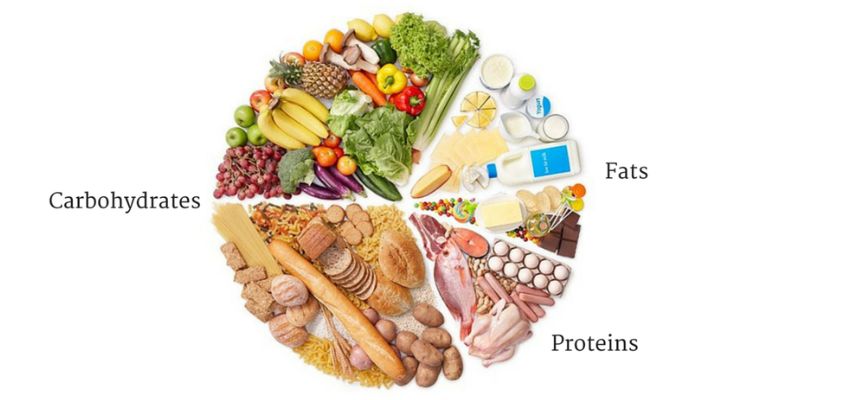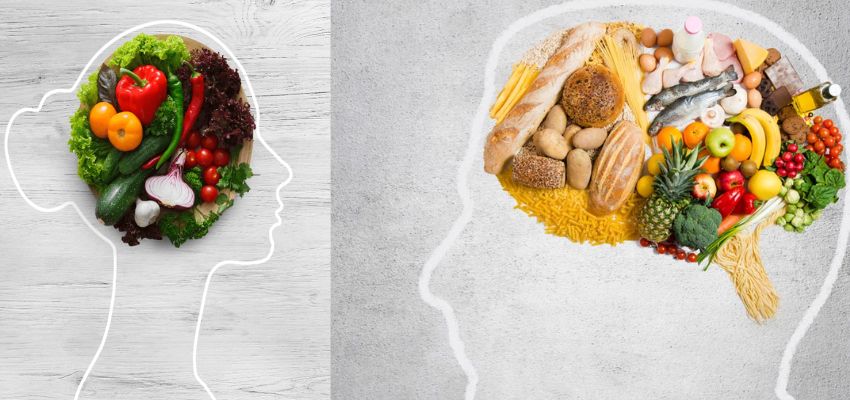
All you need to know about a healthy diet today
Tablet of Contents
Maintaining a healthy diet is essential for our overall well-being. With the ever-increasing awareness of the importance of nutrition, it’s crucial to understand what constitutes a healthy diet in today’s world. This blog will provide you with comprehensive information on the key aspects of a healthy diet, helping you make informed choices and improve your lifestyle.
A healthy diet revolves around the concept of balanced nutrition. It involves consuming a variety of foods that provide essential nutrients, including carbohydrates, proteins, healthy fats, vitamins, and minerals. A balanced diet should consist of whole grains, lean proteins, fruits, vegetables, and dairy products or dairy alternatives. By incorporating a wide range of food groups, you can ensure that your body receives the necessary nutrients for optimal functioning.
What is a Balanced Diet?
A balanced diet is a key component of a healthy lifestyle. It refers to consuming a variety of foods from different food groups in appropriate proportions to meet your body’s nutritional needs. Here are the main aspects of a balanced diet:
Macronutrients
Macronutrients are the three major nutrients required by the body in relatively large amounts to sustain its normal functions. They include carbohydrates, proteins, and fats. Carbohydrates are the body’s primary source of energy. They are broken down into glucose, which fuels various bodily functions, including brain activity and muscle contractions.
Proteins are vital for the growth, repair, and maintenance of tissues in the body. They are composed of amino acids, which play essential roles in numerous bodily functions, including enzyme production, immune system support, and hormone regulation.
Dietary fats are a concentrated source of energy and provide essential fatty acids that the body cannot produce on its own. They play a crucial role in hormone production, insulation and protection of organs, and the absorption of fat-soluble vitamins.
- Carbohydrates: Include whole grains, fruits, vegetables, and legumes as sources of complex carbohydrates
- Proteins: Choose lean sources like poultry, fish, legumes, nuts, and tofu for adequate protein intake
- Healthy Fats: Opt for sources such as avocados, nuts, seeds, olive oil, and fatty fish like salmon
Fruits and Vegetables
Fruits and vegetables are an integral part of a healthy diet and offer numerous health benefits. They are rich in essential vitamins, minerals, fiber, and antioxidants, making them important for overall well-being.
Here’s why fruits and vegetables should be a prominent part of your diet:
- Fruits and vegetables are packed with essential nutrients such as vitamins (e.g., vitamin C, vitamin A, folate) and minerals (e.g., potassium, magnesium)
- Fruits and vegetables are excellent sources of dietary fiber, which promotes healthy digestion, aids in weight management, and helps regulate blood sugar levels
- Many fruits and vegetables are rich in antioxidants, which help protect the body from oxidative stress and reduce the risk of chronic diseases
- Fruits and vegetables make convenient and nutritious snack choices
- Water-rich fruits and vegetables, such as watermelon, cucumber, strawberries, and oranges, can help maintain proper hydration levels, especially during hot weather or physical activity
- The wide array of fruits and vegetables available offers an opportunity to experiment with different flavors, textures, and colors in your meals
Whole Grains
Whole grains are an essential part of a healthy diet, providing numerous nutritional benefits. Unlike refined grains, which have been processed to remove the bran and germ, whole grains retain these components, making them rich in fiber, vitamins, minerals, and phytochemicals.
- Consuming an adequate amount of fiber is also associated with a lower risk of developing heart disease, type 2 diabetes, and certain types of cancer
- These nutrients play vital roles in energy production, brain function, immune system support, and overall health
- They are digested more slowly, leading to a gradual release of glucose into the bloodstream and providing sustained energy
- Some common whole grains include brown rice, quinoa, oats, barley, whole wheat, buckwheat, and millet. These grains can be used in a wide range of dishes, including salads, soups, stir-fries, grain bowls, and baked goods
Learn more- Top skin benefits of chia seeds
Lean Proteins
Lean proteins are an important component of a healthy diet, providing essential amino acids, vitamins, and minerals while being lower in saturated fats and cholesterol compared to fatty cuts of meat. Incorporating lean protein sources into your meals can support muscle maintenance and repair, satiety, and overall health.
Cooking Tips
- Select lean sources of protein such as skinless poultry, fish, eggs, legumes, low-fat dairy products, and plant-based protein alternatives like tofu and tempeh
- Choose grilling, baking, steaming, or poaching methods over frying to minimize added fats and calories.
- Trim visible fat from meat before cooking and remove poultry skin to reduce saturated fat content.
- Season lean proteins with herbs, spices, citrus juices, or vinegar to enhance flavor without adding excess calories or unhealthy condiments.
- Combine lean proteins with a variety of vegetables, whole grains, and healthy fats to create balanced and nutritious meals

Hydration
Adequate hydration is often overlooked but is a crucial component of a healthy diet. Water plays a vital role in various bodily functions, including digestion, metabolism, and temperature regulation. It’s essential to drink an adequate amount of water throughout the day, aiming for around 8 cups as a general guideline.
However, individual needs may vary based on factors like activity level, climate, and overall health. Remember to listen to your body and drink water whenever you feel thirsty
Want to know about Dalchini benefits- Click here
Portion-Control
Portion control plays a significant role in maintaining a healthy diet. Even if you consume nutritious foods, excessive portions can lead to overeating and weight gain. Understanding appropriate portion sizes can help you manage your calorie intake and maintain a healthy weight.
It’s advisable to use measuring cups or a food scale initially to familiarize yourself with recommended serving sizes. Additionally, practicing mindful eating techniques, such as eating slowly and paying attention to hunger and fullness , can prevent overeating.
Mindful Eating
Practicing mindful eating can transform your relationship with food and enhance your overall well-being. Mindful eating involves paying attention to the present moment, savoring each bite, and being aware of your body’s hunger and fullness cues.
It encourages you to eat when hungry, choose nutritious foods, and enjoy the sensory experience of eating. By avoiding distractions, such as screens or eating on-the-go, you can adopt a healthier and more mindful approach to food.
Limit Processed Foods and Added Sugar
Processed foods, such as sugary snacks, fast food, and sugary beverages, are often high in calories, unhealthy fats, sodium, and added sugars. Excessive consumption of these foods has been linked to an increased risk of obesity, heart disease, and other health issues.
Aim to limit your intake of processed foods and instead choose whole, unprocessed alternatives. Minimizing added sugars in your diet is important for reducing the risk of obesity, diabetes, and tooth decay. Be mindful of food labels, as added sugars can be hidden in various forms.
Explore more about- Best Vitamin C serum for Pigmentation







जैसा कि आपने बताया है इस सिरप के उपयोग से बहते हुए खून को कंट्रोल में किया जा सकता है…